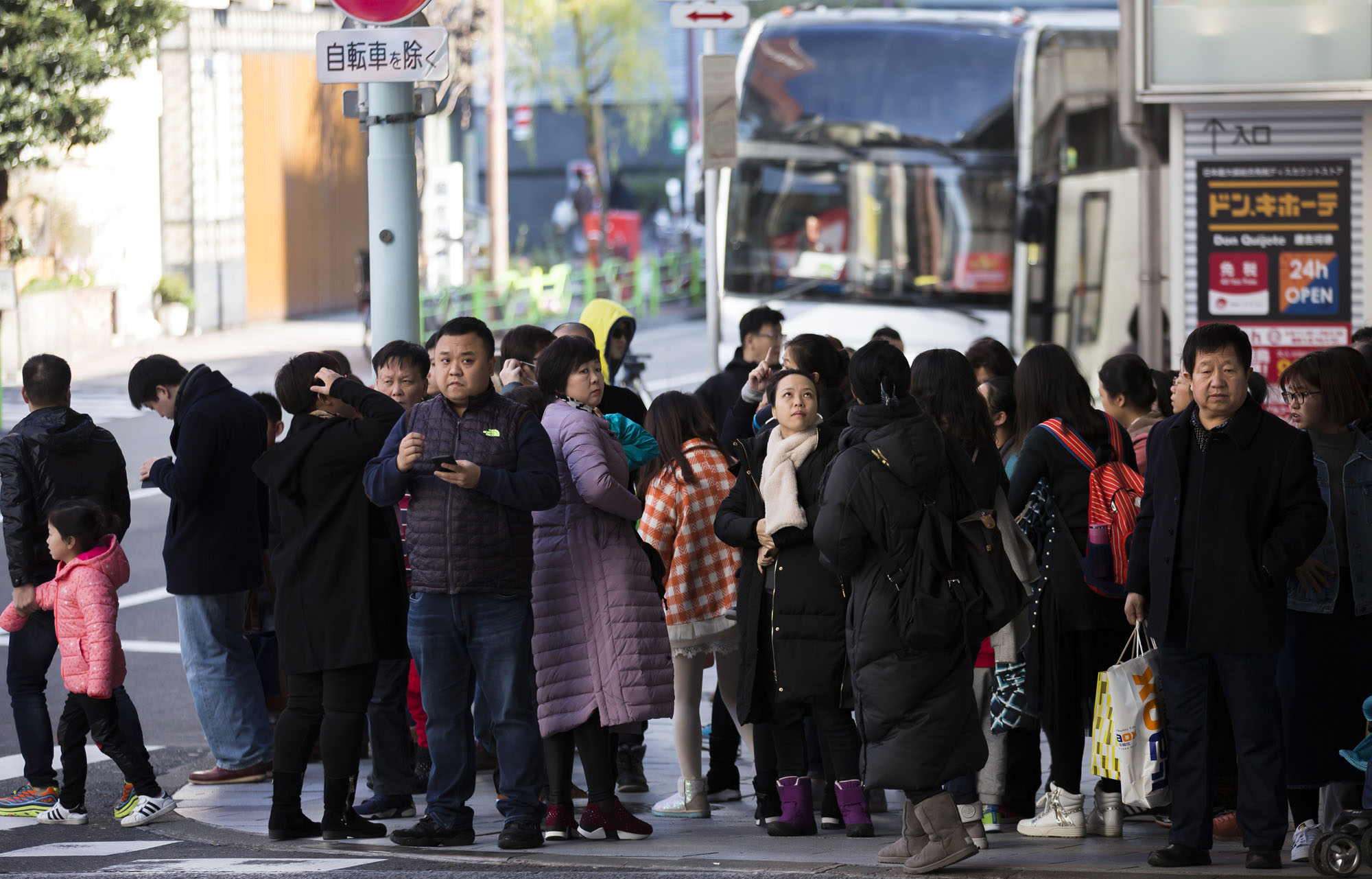This was supposed to be the China-New Zealand Year of Tourism, but the celebration appears to be off. An influential Chinese state-owned newspaper recently reported that Chinese tourists were having second thoughts about traveling to New Zealand thanks to suggestions that its government might bar Huawei Technologies Co. from the country's next-generation wireless networks. (Wellington now says the door isn't closed to the company.) A senior official at China CYTS Tours Holding Co. Ltd., a powerful state-owned Chinese tour operator, summarized the decision-making process: "How warmly a country treats tourists could also affect Chinese citizens' choices of travel destinations."
This is no idle threat. As countries from Palau to South Korea have learned the hard way, the Chinese government isn't afraid to divert its tourists and their thick pocketbooks whenever it wants to make a political point. The economic consequences can be devastating for tourist-dependent economies. The good news for New Zealand and other scenic countries is that this not-so-secret weapon might not be so much of a weapon much longer.
The modern Chinese overseas tourist was born in the early 1980s when the Chinese government began loosening decades of travel restrictions. Destinations were initially limited to territories with large ethnic Chinese populations, such as Hong Kong and Southeast Asia. The purpose was expressly political: The Chinese government wanted to re-establish bonds with these long-neglected communities.



















With your current subscription plan you can comment on stories. However, before writing your first comment, please create a display name in the Profile section of your subscriber account page.